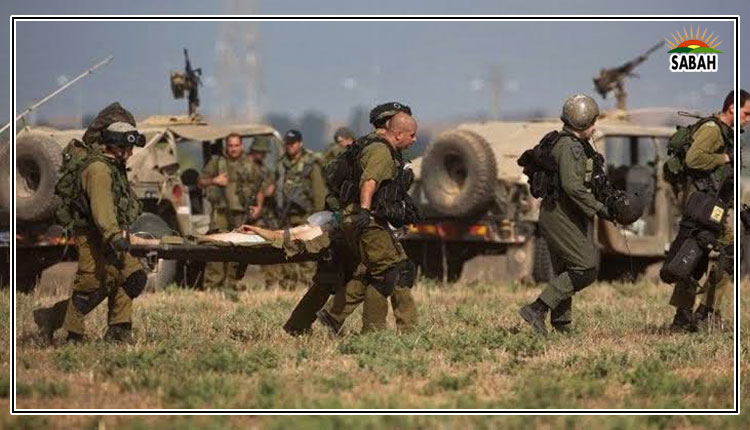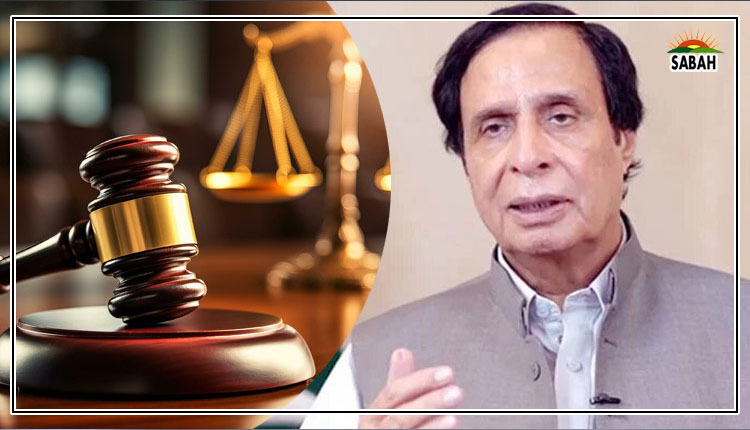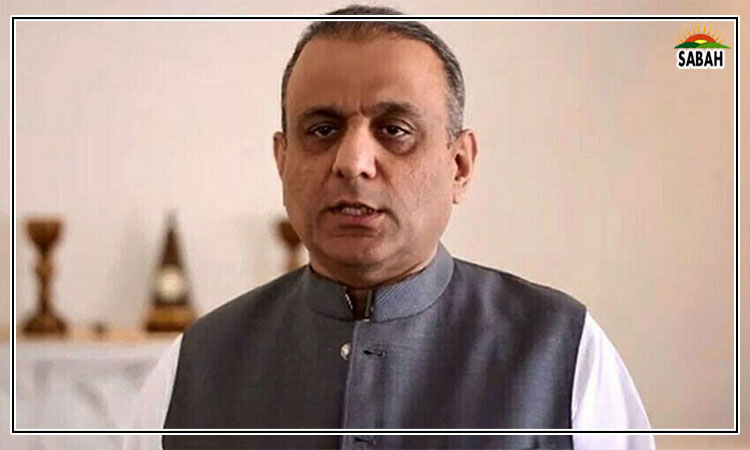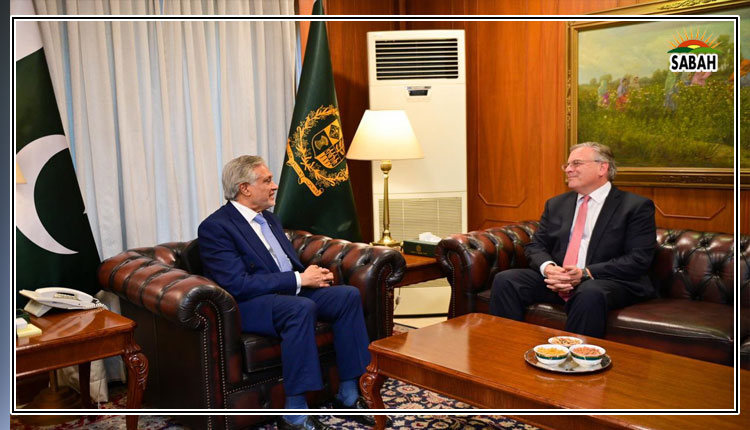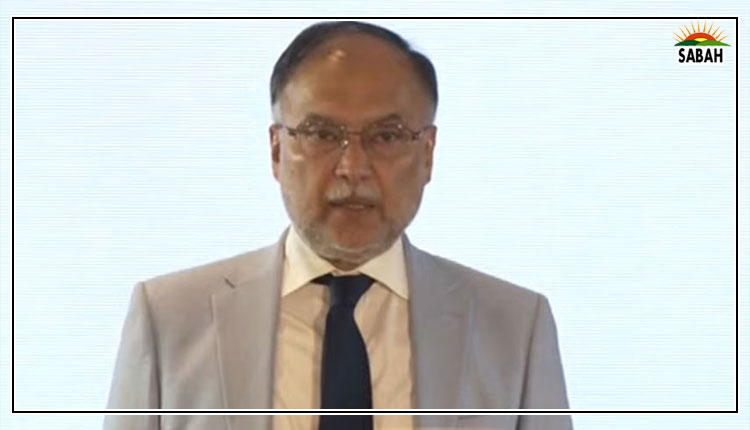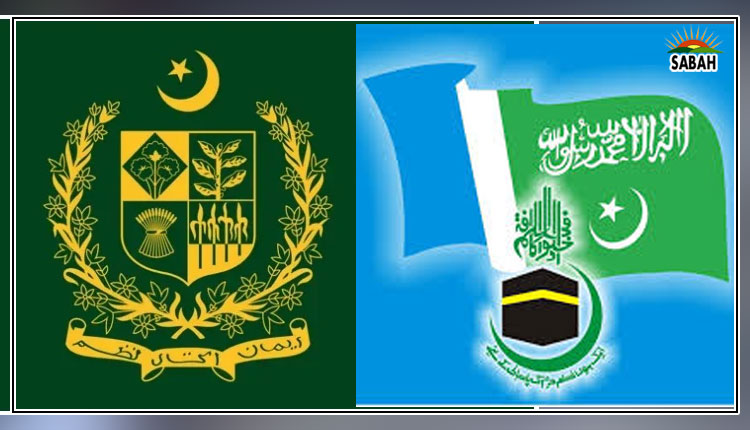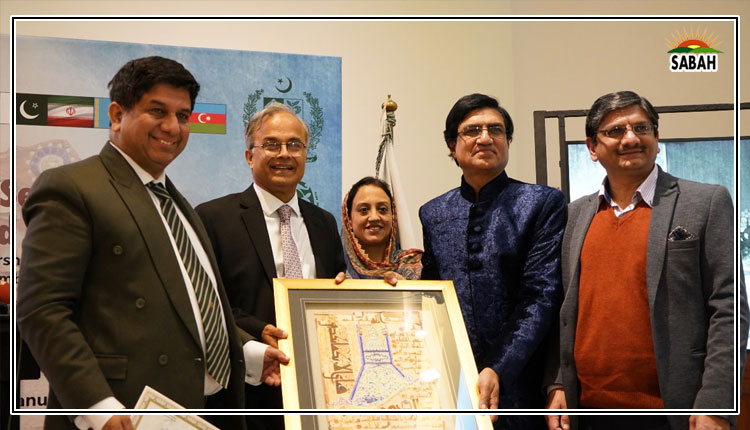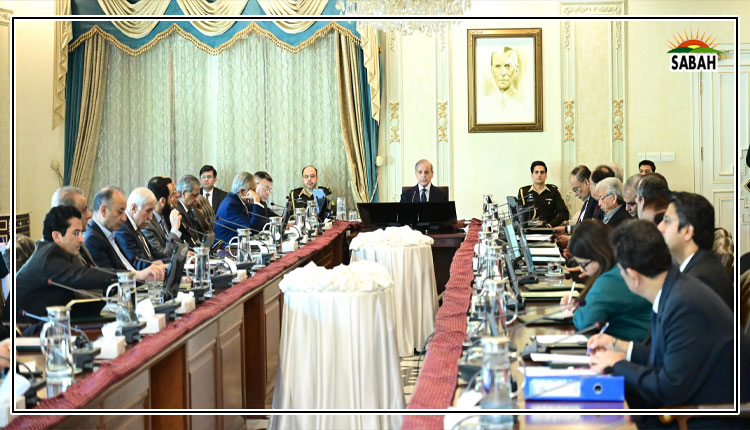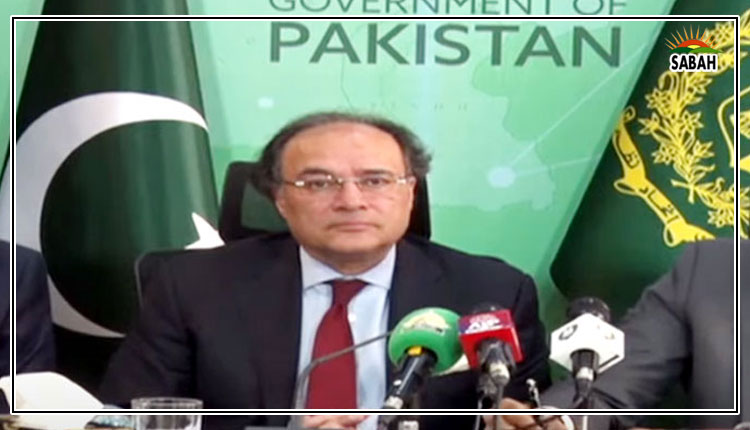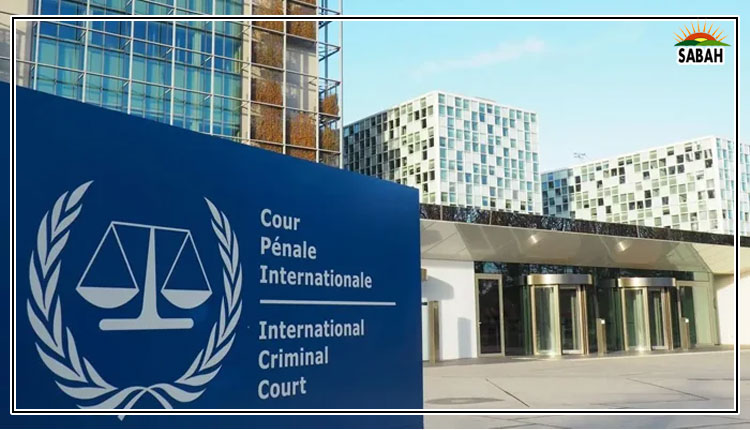Gaza: where is the ICC?…Fiza Khawar
It is now more than two weeks since the start of death and destruction in the besieged Gaza Strip as Israel continues to impose collective punishment upon two million people, half of whom are children. The UN has now warned that food, water, medical supplies, and even body bags are running out, and that young children will soon start dying of dehydration if the siege is not lifted.
As the whole world continues to watch the footage coming out of Gaza in horror, it is eerily reminiscent of some of the worst massacres in recent human history, with many drawing parallels to the Rwandan genocide ((1994), the Bosnian genocide (1992-1995), and the chilling Holocaust of German Jews in the 1940s. As the death toll continues to rise at an alarming rate, many are left wondering: where is the chief prosecutor of the International Criminal Court (ICC), the only international institution with the power to prosecute war criminals under the Rome Statute (1998).
The office of the prosecutor of the ICC is an independent organ of the court responsible for examining, investigating, and prosecuting individuals in situations under the jurisdiction of the court where genocide, crimes against humanity, war crimes and aggression appear to have been committed.
What is truly remarkable about the mandate of the chief prosecutor is that he can independently and impartially select situations for investigation where war crimes are being committed by individuals without necessarily having to wait for a state party to refer the case to his Office. Since 2021, the chief prosecutor of the ICC is British Barrister Karim Khan, who previously acted as the head of the UN investigative team to promote accountability for war crimes committed by Daesh/ISIL in Iraq (UNITAD).
The first question many observers ask in relation to the situation in Gaza is that of jurisdiction or in simpler terms: does the ICC have the legal authority to investigate and prosecute war crimes in Gaza since Israel does not recognize the court? The answer is a definitive yes.
In 2015, Palestine acceded to the Rome Statute, thereby giving the ICC jurisdiction over war crimes committed in whole or in part on the Palestinian territory, including the West Bank, East Jerusalem and the Gaza Strip. To have further clarity on the matter, in 2019 the chief prosecutor of the time, Fatou Bensouda, sought the opinion of the pre-trial chamber of the ICC on the question of jurisdiction.
In February 2021, after years of being rather evasive on this topic, ICC judges ruled that the court did, in fact, have jurisdiction over war crimes committed in Occupied Palestine, putting a highly contested legal issue to rest.
It is pertinent to note that the ICC currently has an ongoing investigation into the situation in Palestine. In 2021, Khans predecessor, Fatou Bensouda, launched an investigation into potential war crimes that were committed in Gaza in 2014 by the Israeli forces, Hamas, and other armed groups involved.
It has now been two years since the investigation opened and there appears to be little sign of any progress during this time. Critics have been quick to point out that the chief prosecutor has been unable to prioritize the Palestine investigation ever since he stepped into his new role.
Many have drawn comparisons to his prompt response to the war in Ukraine, for which his office set up the largest investigating team in the ICCs history. His office has also been subjected to scathing criticism for failing to even issue a formal statement as the violence in Gaza escalates. One legal academic noted that silence is not the norm for a situation over which the ICC has jurisdiction, comparing it to his response to the war in Ukraine.
While such statements may not achieve anything substantial in stopping the violence, they hold immense symbolic value in providing a shred of hope to the victims of the ongoing violence who are being blatantly dehumanized.
Beyond their symbolic value, statements coming from the chief prosecutors office also serve as a deterrent for parties actively engaging in war crimes. A statement from the former chief prosecutor in 2018 deterred Israel from forcefully evicting a Palestinian community from the Khan al-Ahmar village in the Occupied West Bank. This goes to demonstrate the power of such statements which is unfortunately missing in the present context.
The delay on part of the chief prosecutor to progress the investigation or to even issue a mere statement to deter all parties engaging in war crimes is reflective of a more worrying precedent: that despite of all its glory and claims of independence, the ICC ultimately yields before the reality of global geopolitics and the will of member states, a vast majority of whom are allies of Israel.
This inherent paradox indicates that the tools of international justice, such as the ICC, only start turning when enough state parties decide that they should. So ultimately, it is up to the free people of the world who believe in justice, accountability, and human rights, to ensure that their governments push for accountability by supporting an international war crimes investigation into Gaza, as they did with Ukraine. It is also important for world powers to be reminded that they too are bound by international law.
Perhaps Robert H Jackson said it best: We do not accept the paradox that legal responsibility should be the least where power is the greatest. We stand on the principle of responsible governmentthat even a king is still under God and the law.
Courtesy The News


